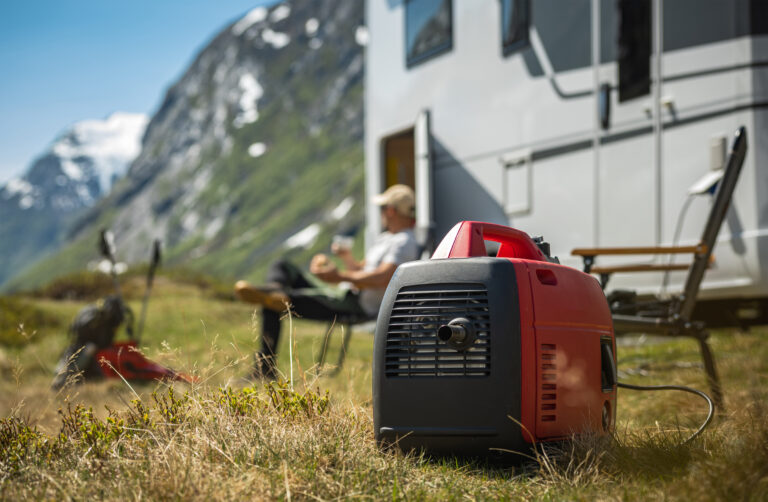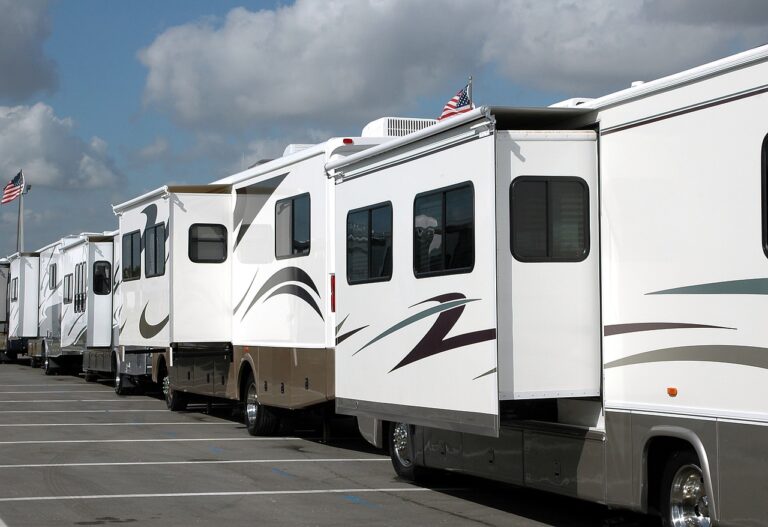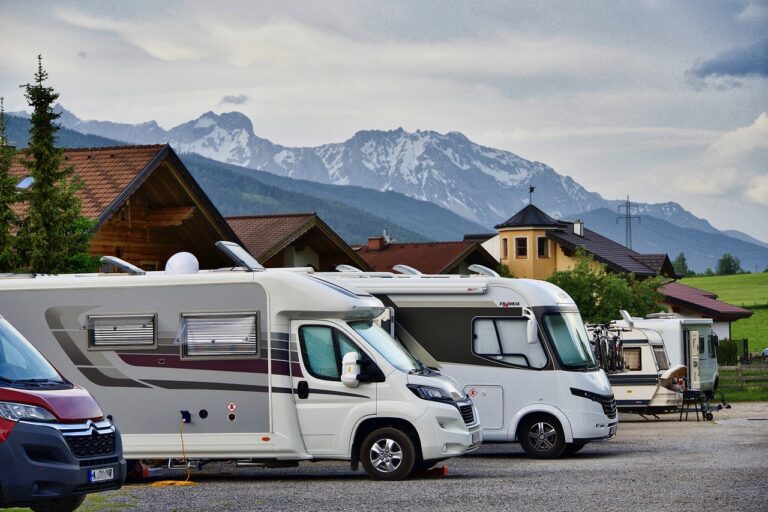Imagine a life where every day is a new adventure, where the open road becomes your backyard, and the world becomes your playground. This is the allure of full-time RV living. However, as with any lifestyle choice, there are pros and cons to consider. In this article, we will explore the freedom of travel, the challenges of limited space, the financial benefits, the sense of community, and the practical considerations that come with embracing life on the road.
Freedom to Travel and Explore
One major advantage of full-time RV living is the ability to explore countless destinations across the country and beyond. With a mobile home on wheels, individuals and families can easily embark on adventures and visit places they have always wanted to see. Whether it’s the stunning national parks, charming small towns, or bustling cities, full-time RV living provides the freedom to travel and explore at one’s own pace. This lifestyle allows for flexibility in choosing where to stay, how long to stay, and when to move on to the next destination. It eliminates the need for hotel reservations and provides the opportunity to experience different cultures, cuisines, and landscapes firsthand. The ability to constantly discover new places and create lifelong memories is a major draw for those who choose full-time RV living.
Limited Space and Storage Challenges
A potential drawback of full-time RV living is the inherent challenge of managing limited space and storage. When living in a recreational vehicle, every inch of space matters, and finding efficient ways to store belongings becomes crucial. One of the main challenges faced by full-time RVers is the lack of storage space compared to traditional homes. RVs usually have limited cabinet space, small closets, and minimal storage compartments. This means that individuals or families need to carefully consider what items they bring with them and find creative storage solutions to maximize the available space. Utilizing storage bins, utilizing vertical space, and minimizing clutter are some strategies that can help overcome these challenges. However, it’s essential to accept that living in an RV requires downsizing and adapting to a more minimalist lifestyle.
Cost Savings and Financial Benefits
Managing finances is a significant advantage of full-time RV living, as it allows individuals or families to save money and enjoy various financial benefits. One of the main cost savings comes from reduced housing expenses. Instead of paying for a mortgage or rent, RV owners can choose to stay in campgrounds or RV parks, which are usually cheaper alternatives. Moreover, full-time RV living eliminates the need for property taxes and home insurance. Additionally, living in an RV allows individuals to save on utility bills since they rely on solar power or generators for electricity and propane for heating and cooking. Furthermore, full-time RV living encourages a minimalist lifestyle, which means less spending on material possessions and more focus on experiences and adventures. Overall, full-time RV living offers significant financial advantages and the opportunity to live a more financially independent and fulfilling life.
Community and Connection on the Road
Full-time RV living fosters a sense of community and connection among travelers on the road. When living in an RV full-time, individuals have the opportunity to meet fellow RVers who share similar interests and lifestyles. RV parks and campgrounds often serve as gathering places where residents can socialize, participate in group activities, and form lasting friendships. Many RVers also join online communities and forums where they can exchange tips, share experiences, and connect with others who understand the unique challenges and joys of life on the road. These connections provide a support system and a sense of belonging, especially for those who may be far from their traditional support networks. Additionally, the sense of community among RVers often extends beyond the road, with many forming lasting friendships and meeting up at different destinations throughout their travels.
Maintenance and Practical Considerations
What are the key maintenance and practical considerations for full-time RV living?
Living in an RV full-time offers a unique and adventurous lifestyle, but it also requires careful planning and consideration of maintenance and practical issues. Here are some key considerations to keep in mind:
- Regular maintenance: Just like any other vehicle or home, an RV requires regular maintenance to keep it in good condition. This includes checking the tires, engine, and electrical systems, as well as performing routine maintenance tasks such as oil changes and filter replacements.
- Storage: RVs have limited storage space, so it’s essential to be mindful of what you bring on board. Downsizing and organizing your belongings efficiently is crucial to maximize the available space and keep everything tidy and secure.
- Utilities and hookups: While many RVs come equipped with basic utilities, such as water and electricity, you will still need to familiarize yourself with how to connect and manage these systems. Understanding how to properly hook up to campground utilities and manage your water and electricity consumption is essential for a smooth and comfortable living experience.




